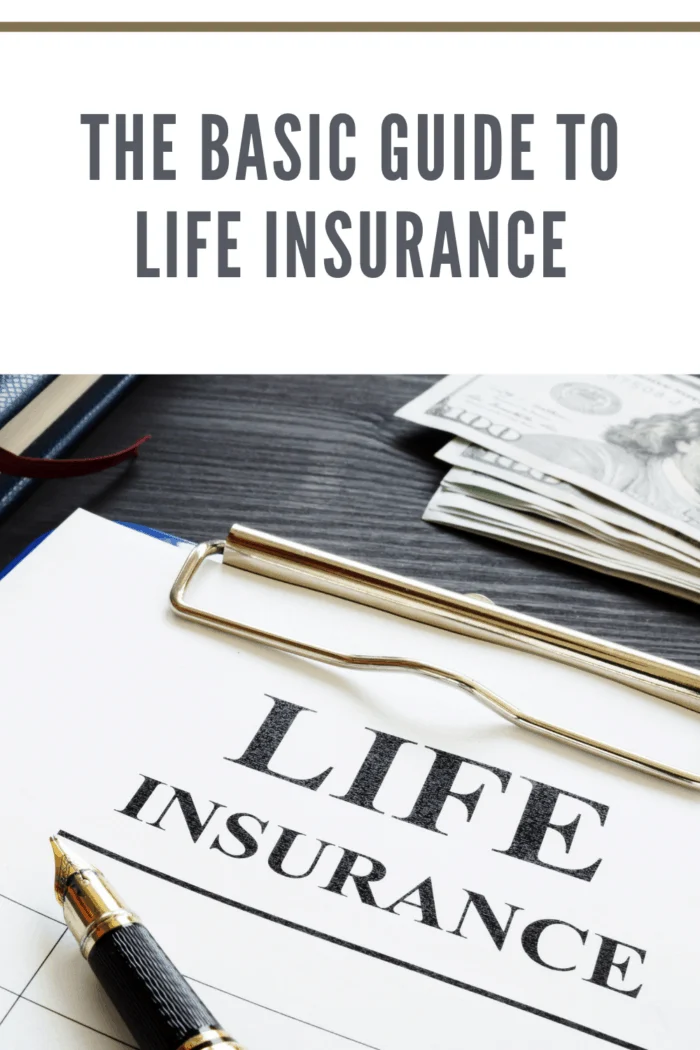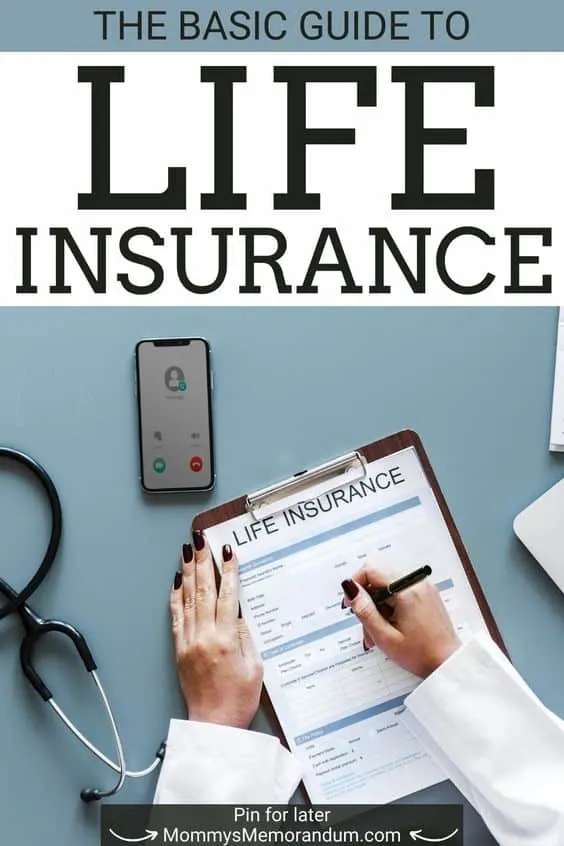Planning on getting life insurance but having no idea what to do or where to start? Then you have come to the right place. This article is a concise guide to taking out life insurance, getting term life insurance quotes, and ensuring it’s the right choice for you.
What Is Life Insurance?
Life insurance put means life coverage.
Life insurance is an insurance policy that pays out a sum of money either on the policyholder’s death or after a set time.
Ok, hold that thought; let’s look at a more detailed explanation.
Life insurance is a contract (an agreement) between two parties; the insured (you, the policyholder) and the insurer (your insurance provider).
In this contract, the insured agrees to pay an agreed premium to the insurer, who, in turn, promises to pay death benefits to named beneficiaries of the insured at their death.
Ok, we know this doesn’t sound very easy, so basically, you are paying into a fund that will pay out to your loved ones if something happens to you.
Now that we’re done with that let’s move on to the different life insurance policies available.

Types Of Life Insurance
Before we start on this, let’s clear up some details.
First, like other insurance policies, there are various life insurance policies.
These policies are, however, broadly categorized into two.
Term Life Insurance:
Term life insurance policies only cover a stated time.
These insurance policies are the most affordable, as they do not provide full coverage.
They provide both investment and insurance options.
If you die before the policy ends, then the benefit is paid to your beneficiaries.
If you are still living at the end of the policy term, then you receive nothing (unless there is an investment element to your policy).
Once the benefit has been paid, the insurance policy ends.
This insurance policy if you have limited funds and want to cover a specific period of your life, such as when you’re paying a mortgage, or you have young children.
As you get older, it’s essential to have an insurance policy you know will cover you after your death, agrees Kim Wilhelm, so make sure to do your research on the companies available to you.
It can be converted into permanent life insurance later on if you want.
Permanent Life Insurance:
This type of life insurance is the direct opposite of term life insurance.
Under permanent life insurance, you are covered for the period of your whole lifetime.
The policy only ends at your death, when your named beneficiary receives the death benefit.
Permanent life insurance policies also accumulate cash value alongside the death benefit.
You can borrow from this cash value at any point during the time of your policy.
However, if not paid back, the remaining balance and interest are deducted from the death benefit.
Other life insurance policies include:
Whole-of-life insurance:
This type of permanent life insurance with a premium that stays throughout the policy’s life.
The premiums charged are higher, but they accumulate cash value.
Universal life insurance:
This resembles whole-of-life insurance, the difference here being that you enjoy greater flexibility.
Once your cash value has accumulated, you can vary the frequency and amount of your premium.
Note that altering your premium may, in turn, reduce the death benefit.
Variable life insurance:
This type of life insurance resembles other forms of permanent life insurance, but you hold complete control over how your cash value is to be invested.
Convertible life insurance:
This is a term life insurance policy that can be converted later to a permanent policy.
Moving on…
Do You Need Life Insurance?
Ok, before you call an insurance provider, you need to read this.
Life insurance is not for everyone.
You only need life insurance if:
You have dependents who you provide for financially.
These dependents could include spouses, children, or elderly parents, to mention a few.
However, you do not need life insurance if:
Your children are already grown up and living independently
You are already leaving a large inheritance
You have no outstanding debts left to cover

Why Do You Need Life Insurance?
There are many reasons why life insurance policies are advised, especially for breadwinners.
These reasons are attached mainly to the benefits of these policies.
Here are some benefits attached to taking out life insurance:
Income replacement:
The death of any breadwinner would undoubtedly affect the finances of the family members and dependents left behind.
To prepare for this situation, taking out a life insurance policy is advised.
The funds received as a death benefit will help replace the lost income for your dependents.
This allows them to cater to their day-to-day expenses.
Debt relief:
As we all know, death is unpredictable, and we might not have time to get our affairs in order before it hits us.
On the other hand, life insurance provides our surviving family and friends with income to help settle unpaid debts.
This fund could be used in making mortgage payments, loans, and credit card debts, to mention a few.
Cash value:
the benefits of your permanent life insurance aren’t just limited to when you are dead.
You can borrow out of your cash value to cater for expenses that may arise when you are alive.
This way, you can enjoy the cash value of your life insurance and cater to your expenses while you are alive.
Limitations To Life Insurance
Life insurance policies often include exclusions, limitations, and restrictions designed to withhold payment under certain circumstances.
Many life insurance companies do not pay out death benefits if the deceased died due to involvement in “acts of war” or “while active in military services.”
Also, many life insurance companies will not pay out if the insured commits suicide within a specified time after the policy issue (often two years).
The insurance company can also contest the cause of death and request additional information before paying out, although this usually only occurs within the first two years of the policy.
Once you have confirmed that you are eligible for life insurance, you can then concern yourself with finding an excellent policy and applying for it.
Remember, however, that it is not enough to buy life insurance; you also have to make your premium payment regularly to avoid forfeiting your policy.
